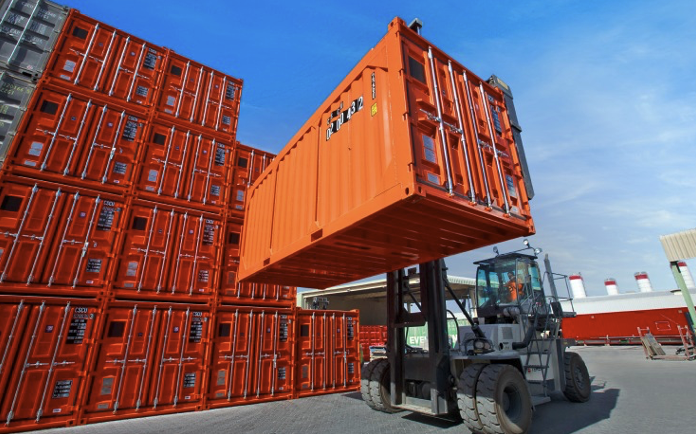
Choosing the correct container solution for your company will affect long-term success, cost control, and operational effectiveness. Containers are important to numerous industries including retail, manufacturing, the logistics sector, and agriculture. It serves purposes like storage, shipping, and organization. But not all containers are made equally, hence the range of choices can be rather challenging. Understand your business needs and evaluate important criteria to choose the best container solution to simplify processes and accomplish your objectives.
Analyze your Business Needs
The initial step in selecting the appropriate container solution is to comprehend the particular requirements of your business. Consider the category of products you handle, their dimensions, mass, and fragility.
If your company deals with perishable items, refrigerated containers might be suitable. For large equipment or bulk substances, you might require strong steel container solutions with enhanced frameworks. Clearly defining your needs guarantees that the container you choose matches your operational requirements.
Consider dimensions and volume
When choosing a container, size and capacity are essential considerations. Overestimating your requirements can result in avoidable costs while underestimating them might disturb operations. Assess your storage or transportation needs carefully.
Typical container dimensions, including 10-foot, 20-foot, and 40-foot options, serve various business requirements, yet special sizes might be required for specific purposes. Evaluate if the container is intended for single-use transport, extended storage, or regular use since these aspects affect the required size and capacity.
Assess the Security Characteristics
Containers are utilized in most companies to hold precious goods, delicate materials, or potentially dangerous items that necessitate strict safety protocols. Security features are crucial for maintaining the integrity and safety of the stored materials.
Advanced locking devices, including padlocks with cut-resistant coverings, electronic locks, or biometric systems, offer strong protection against unauthorized entry. Containers featuring tamper-resistant seals and strengthened panels provide extra security, especially during the transportation of valuable goods.
Investing in secure containers allows businesses to reduce risks, adhere to industry standards, and foster trust with clients who expect careful and precise handling of their goods.
Examine Accessibility
The convenience of access and portability can greatly affect the efficiency of a business's operations. Containers built with accessibility considerations can boost workflow, reduce downtime, and increase productivity. For example, container solutions featuring double doors, side-access openings, or rolling systems enable fast and easy access to items stored inside.
If you often require loading and unloading items, consider using containers with removable panels or flexible shelving systems that optimize interior capacity.
Portability
Portability is an additional crucial element. Containers fitted with wheels, castors, or skids provide outstanding mobility in warehouses or industrial areas.
For companies requiring regular moves or deliveries, containers equipped with forklift openings or crane-compatible structures facilitate smooth transport. Stackable modular containers also enhance the flexibility of your operations. These characteristics not only facilitate the management of products but also reduce labor expenses.
Factor in Environmental Considerations
Businesses seeking to run sustainably and align with worldwide green projects are starting to prioritize environmental issues. One great approach to reduce environmental effects is using containers constructed from sustainably sourced or recyclable materials.
Containers made of recyclable steel or biodegradable plastics reduce waste and support environmentally friendly living.
Evaluate Long-Term expenses
Though a container's initial price is a major factor, long-term expenses should also be given great thought. Over time, maintenance, repairs, and replacements can add up quickly. Due to less wear and tear, high-quality containers made of durable materials might reduce long-term expenses even if their initial costs may be more.
Also, consider if buying or leasing would be more affordable for your company. For temporary requirements, renting could be more suited whereas purchasing is suitable for long-term or regular use.
Selecting the ideal container solution requires careful evaluation of material, size, security aspects, long-term expenses, and business requirements. Investing time to assess these elements will help you choose a container solution that fits the needs of your company and supports its expansion.